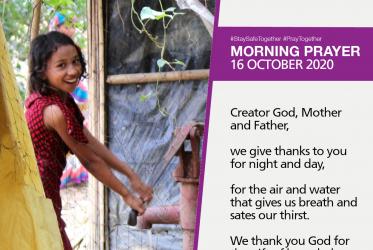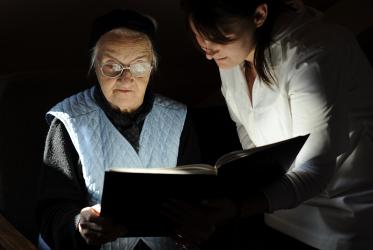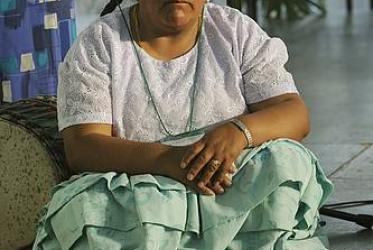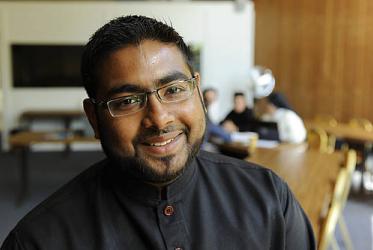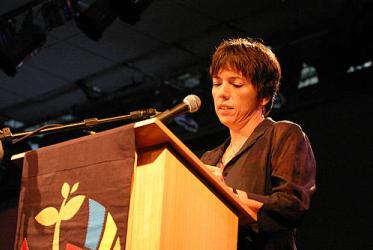Displaying 1 - 16 of 16
Unity, solidarity and hope at core of Ecumenical Weekend
04 November 2018
How can you help refugees?
11 October 2018
#WCC70: A story of life
07 June 2018
Religious leaders as agents of peace in the Americas
02 March 2016
United Bible Societies: A world fellowship serving the churches
16 December 2015
Conflict reporting fails women
06 October 2015
Christian self-understanding in the context of indigenous religions
14 February 2012
Ecumenism is a way of life
03 June 2009

